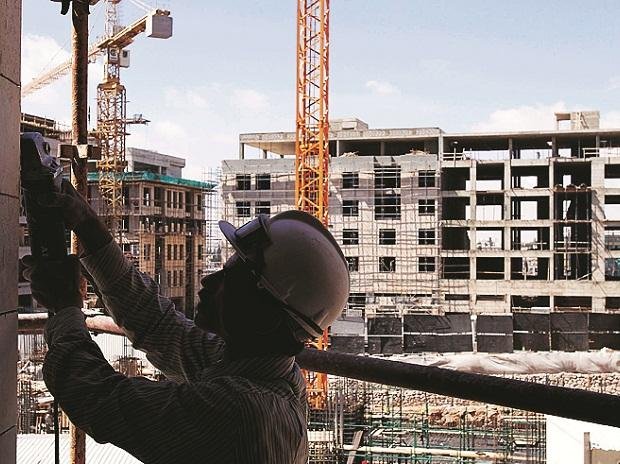Budget: Housing and Urban Affairs Ministry allocated Rs 54,581 crore

New Delhi: The Union Housing and Urban Affairs Ministry was allocated Rs 54,581 crore for the next fiscal, according to the Union Budget for 2021-22 announced on Monday.
The Swachh Bharat Mission-Urban, a flagship programme of the Modi government, has been given Rs 2,300 crore in the 2021-22 Union Budget that was presented by Finance Minister Nirmala Sitharaman in Parliament on Monday.
The government has allocated 23,500 crore for the projects related to Mass Rapid Transit System (MRTS) and Metro services in the country.
The Smart Cities Mission, another flagship programme of this government, has been given Rs 6,450 crore as against Rs 3,400 crore in the 2020-21 revised estimates.
The National Capital Region Transport Corporation, which is executing the country's first Regional Rapid Transit System (RRTS) project, has been allocated Rs 4,472 crore as against 2,487 crore in the revised 2020-21 estimates.
The Atal Mission for Rejuvenation and Urban Transformation (AMRUT) scheme, which aims at ensuring robust sewage networks, water supply and other infrastructure to improve the quality of life in urban areas, has been allocated Rs 7,300 crore.
In her Budget speech, Finance Minister Sitharaman said the government will work towards raising the share of public transport in urban areas through expansion of metro rail network and augmentation of city bus service.
"A new scheme will be launched at a cost of Rs 18,000 crores to support augmentation of public bus transport services. The scheme will facilitate deployment of innovative PPP models to enable private sector players to finance, acquire, operate and maintain over 20,000 buses," she said.
She also said that the scheme will boost the automobile sector, provide a fillip to economic growth, create employment opportunities for the youth and enhance ease of mobility for urban residents.
A total of 702 km of conventional metro is operational and another 1,016 km of metro and RRTS is under construction in 27 cities.
The minister added that two new technologies -- Metro Lite and Metro Neo -- will be deployed to provide metro rail systems at much lesser cost with same experience, convenience and safety in Tier-2 cities and the peripheral areas of Tier-1 cities.















































